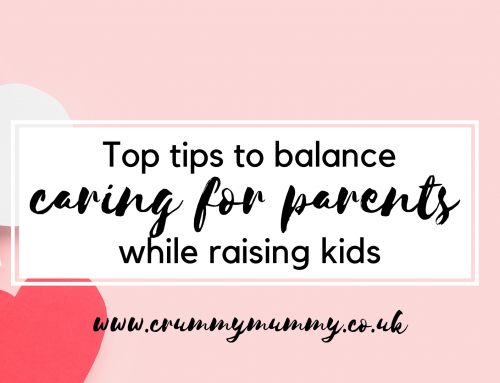Sixty-three pounds seventy pence. That’s the average cost of a weekly food shop for a family of four in the UK if the latest research is to be believed.
Throw in nappies, wipes and all the other paraphernalia little people need and that bill soon rises – especially if you’re not a family of four but a family of five or even six like us. (If you’re a family of seven or more hats off to you – I shudder to think how much you spend!)

Since we became a family of six in April 2020 I’ve noticed our food bill rising considerably, and as the kids get bigger I’m guessing the cost of the weekly food shop is only going to get bigger too!
This post may contain affiliate links. This means if you buy something after clicking on a link, I’ll earn a few pennies to help me keep creating posts like this!
As a result, and coupled with the cost of living going up and up, I’ve started being a lot more careful with how we’re spending our money and setting a budget when it comes to family meals and the weekly food shop.
If any of the above sounds familiar, or if you’re reading this because you’d like to save a few pennies too, in this collaborative post here are 10 top tips for planning family meals on a budget.
10 top tips for planning family meals on a budget
1. Meal plan before you do your food shop
If you sit down and meal plan before you do your food shop not only will you only buy what you need but you’ll be less likely to spend extra money on top-up shops or takeaways during the week. We’ve got a chalk board in the kitchen where the planned meals for the week are written down which is really handy if you’ve got four mouths to feed like us.
2. Involve the whole family in meal planning
That way, if everyone has agreed what you’re going to eat that week, you’re less likely to have one child (or two if you’re particularly unlucky!) refuse to eat something you’ve made, resulting in you having to make them something else. Of course, they could go to bed without any tea if they refuse to eat it, but I’m afraid I’m not one of those mamas and I don’t have it in me to be that strict!
3. Shop online
Doing the weekly food shop online is a great way to stick to a budget because you’re less likely to be tempted to impulse buy and add things to your basket that you don’t really need. Supermarkets are very clever at putting ‘offers’ at the end of aisles, but they aren’t really a bargain if you didn’t need them in the first place. By shopping online and sticking to only buying what you need you’re less likely to need to use credit cards or get into debt to fund grocery shopping. If you’re already in debt, the best debt settlement companies will be able to help you out and if are looking for ways of getting out of it you could consider debt consolidation – click here for more information.
4. Make the most of supermarket loyalty cards
Not only can supermarket loyalty cards earn you points that you can use to spend on other things – sometimes at more than the value of the money you spent in the first place – there are also offers exclusive to loyalty card members giving you money off your basic grocery shop. And small savings soon add up!

5. Buy food in cans
If you haven’t visited the tinned food aisle for a while you’ll be surprised at what you can now find in a can – and how much cheaper it is than chilled alternatives too! From chilli con carne and curry in tins to pineapple and apricots, a few simple swaps can shave pounds off your weekly food shop.
6. Eat less meat and fish
Swapping just one main meal a week for a vegetarian or plant-based alternative can have a real impact on the cost of your monthly food shop, especially if you normally eat red meat or pricier fish. Think vegetable casseroles, beans and legumes which you can buy in cans and meals you usually eat minus the meat or fish!

7. Get creative
If you haven’t delved into the back of your store cupboard or freezer for a while knowing what’s there and getting creative with it can really help you stick to a budget. For example, flour, yeast, salt and oil is all that’s needed for a pizza base, and odds and ends at the back of the freezer can make a great base for a casserole.
8. Shop seasonally
In the UK there’s a reason why strawberries are more expensive in December than they are in June, and why apples and pears are cheaper in autumn than they are in spring. By shopping seasonally you’re getting the best deal you possibly can – and saving money in the process.

9. Dust down your slow cooker
If you thought a slow cooker was just for winter, think again. There’s all sorts you can make in a slow cooker from porridge for breakfast to soup for lunch to pasta for dinner. I don’t know about you but I find pretty much anything tastes great from a slow cooker if it’s been cooked for long enough, plus you can make extra to freeze to have again another day.
10. Make the most of leftovers
UK households waste 4.5m tonnes of food a year if the experts are to be believed, but instead of throwing it away think about what you can do with leftovers. Bubble and squeak is a favourite in our house, using up leftover dinners and turning them into lunch the next day.

Do you have any top tips for planning family meals on a budget? I’d love to know what they are!
This is a collaborative post.

























Leave A Comment